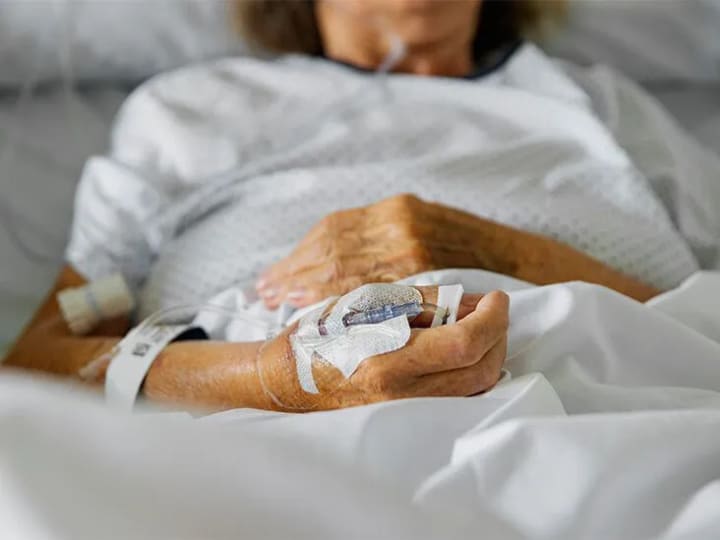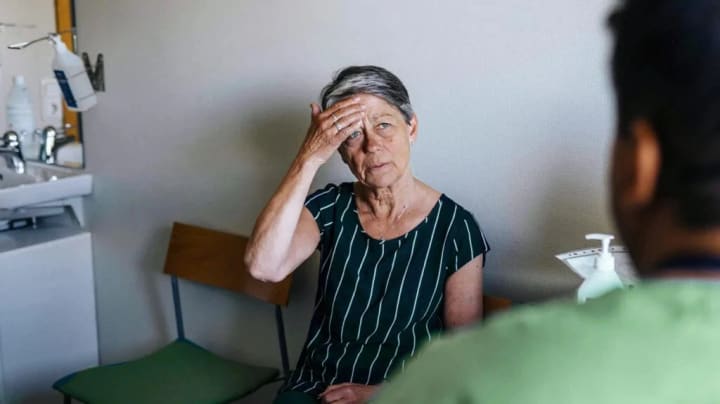Doctors point out 4 misconceptions about stroke that can easily cause the disease to recur
Cerebral vascular accident (cerebral stroke) is related to atherosclerosis originating from diseases such as hypertension, diabetes, atherosclerosis...

Complications of a stroke can include hemiplegia, speech disorders, loss of ability to swallow, loss of bladder and bowel control. Cognitive complications can also occur, including memory loss and decreased ability to concentrate, and even confusion.
According to Sohu (China), here are 4 misconceptions about stroke that can cause the disease to quickly recur:
1. Stroke is a non-recurrent disease.

Stroke has a high risk of recurrence, especially in the early period after the first stroke. A recurrence is more dangerous than the first stroke because it can cause more severe brain damage and increase the possibility of complications.
2. Underestimating risk factors and not using maintenance medication after stroke
To treat a stroke, patients may need to take a variety of medications, such as antiplatelet drugs and lipid-lowering drugs, for a long time. Many people worry that taking medication may cause thinning of the blood vessels or side effects that affect their health. However, the idea that you should not take medication after a stroke is completely wrong.

Once pathological factors are not properly managed, stroke is very likely to recur.
3. Thinking that after a stroke, just taking medicine is enough

4. Skipping check-ups
Re-examination is very important for people with stroke because it helps monitor the progression of the disease, evaluate the effectiveness of treatment and adjust the treatment regimen when necessary. Re-examination is also an opportunity to detect and treat complications early as well as prevent the risk of stroke recurrence.
Through regular check-ups, doctors can help patients better control risk factors and improve quality of life through blood tests, physical assessments, etc.

In addition, patients with a history of stroke also need to learn how to use a blood pressure monitor at home and monitor regularly, record and give the doctor a blood pressure monitoring book at each visit, this helps the doctor to better assess the condition.
Likewise, if you have diabetes, monitoring your blood sugar at home is equally important to prevent a stroke. How often you check your blood sugar depends on the type of diabetes you have and your medication use.
In general, if you have ever had a stroke, you need to be especially careful and learn how to manage your lifestyle and take medication as prescribed by your doctor to prevent recurrence. If there are unusual symptoms such as: difficulty in hearing, speaking or recognition; paralysis on one side of the face, legs, arms; double vision, sudden vision loss, dizziness; sudden headache accompanied by vomiting; confusion; collapsing, losing balance, losing control of limbs; stutter; shortness of breath; Heart palpitations... need to quickly go to the nearest medical facility for emergency treatment and intervention.
About the Creator
Ken aquariums
Telling stories my heart needs to tell <3 life is a journey, not a competition
If you like what you read, feel free to leave a tip,I would love some feedback
https://sites.google.com/view/hk-decor/trang-ch%E1%BB%A7
Enjoyed the story? Support the Creator.
Subscribe for free to receive all their stories in your feed. You could also pledge your support or give them a one-off tip, letting them know you appreciate their work.






Comments
There are no comments for this story
Be the first to respond and start the conversation.